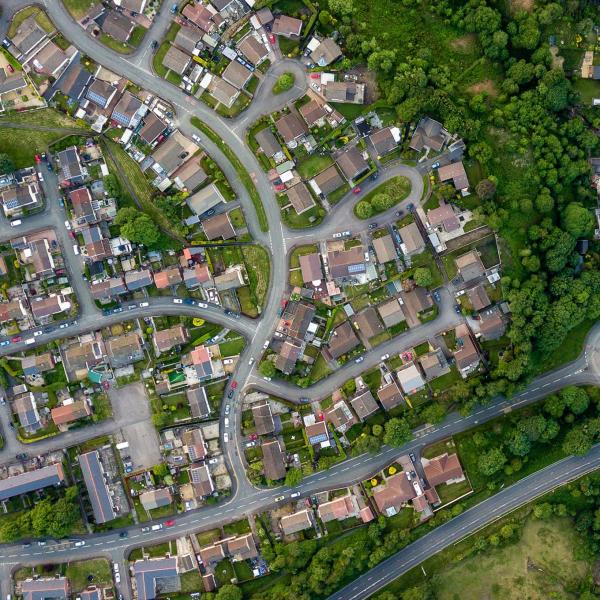The UK has still not recovered from its most severe economic downturn since the 1950s. Real GDP fell by 7.2% between the first quarter of 2008 and the second quarter of 2009 and remains below its pre-recession peak. Unsurprisingly, this has had a large impact on the living standards of UK households. In the aftermath of the recession, nominal income growth has failed to keep pace with the rate of inflation, causing real household incomes to fall to their lowest level in almost a decade. Yet, despite the label ‘cost-of-living crisis’, it is not the case that prices have risen particularly fast in recent years. Falls in real incomes since the beginning of the recession have largely been driven by very low nominal income growth, rather than by unusually high inflation. In this chapter, we describe the changes in incomes and prices that have resulted in falling living standards.
This is a pre-released chapter from the forthcoming IFS Green Budget 2014, which has been funded by the Nuffield Foundation with support from the ESRC through the Centre for the Microeconomic Analysis of Public Policy at IFS. This work was launched in full on Wednesday 5 February at an IFS briefing.










